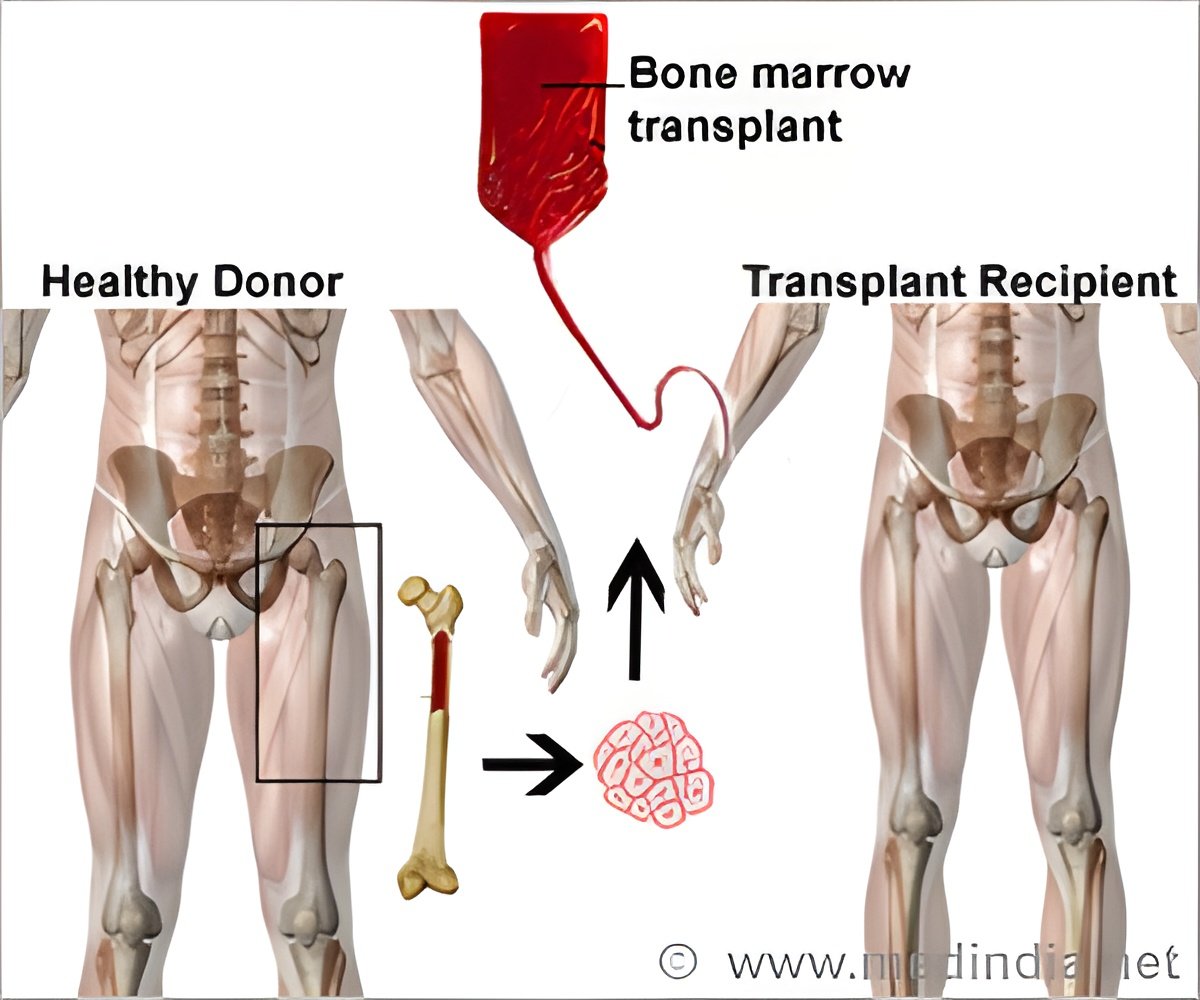Multiple myeloma is the most highly metastatic of all cancers, and is driven to spread by only a subset of the myeloma cells within a patient's body, find researchers.

The discovery was made by developing a mouse model of the disease that enabled researchers to track which of 15 genetic groups - or subclones - of myeloma cells spread beyond their initial site in the animals' hind legs. By labeling the different subgroups with fluorescent dyes, researchers determined that just one of the subclones was responsible for the disease metastasis.
They then compared the pattern of gene abnormalities in the initial myeloma tissue and the metastatic tumors. They found that 238 genes were significantly less active in the latter group - comprising a gene "signature" of metastatic myeloma.
"Out of all the genes that were differently expressed in the two groups, we found 11 that played a functional role in metastasis and therefore may be drivers of the disease," said Irene Ghobrial, MD, of Dana-Farber, the study's senior author. If future studies confirm that role, the genes may become targets for therapies that block myeloma metastasis, she added.
Source-Eurekalert









